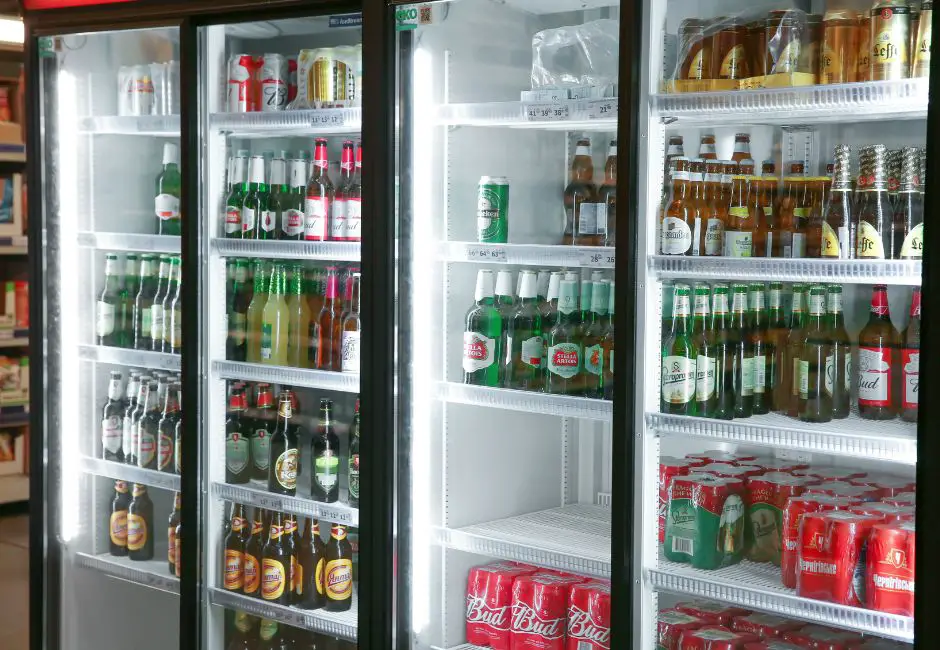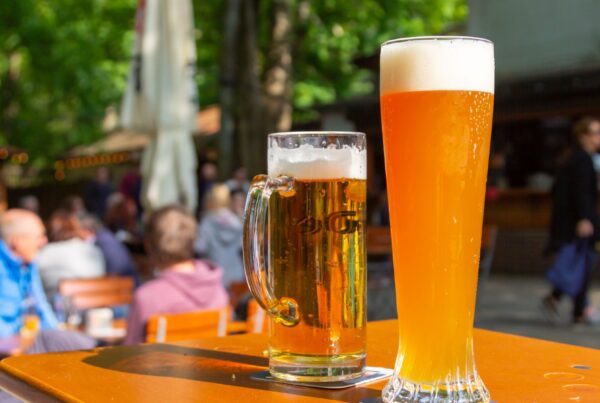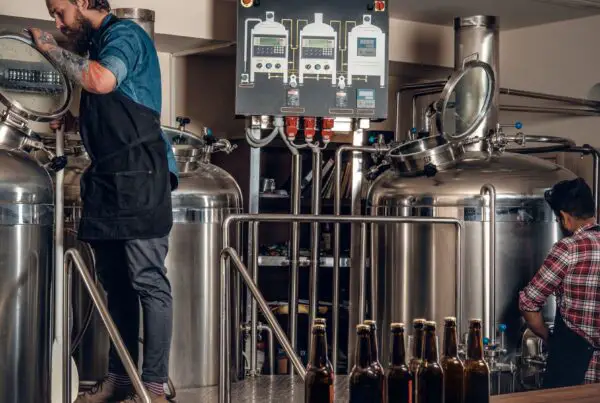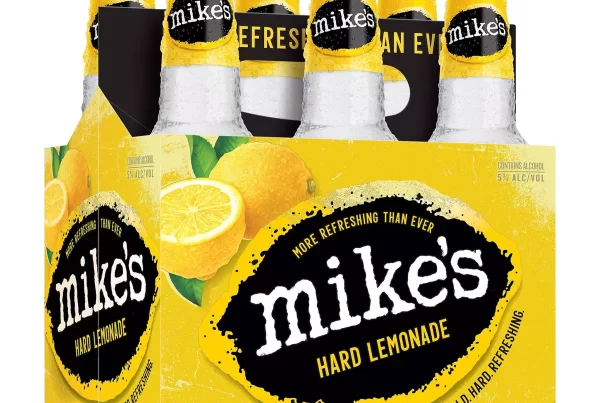If you’re reading this guide, you probably already had an inkling that storing your beer at the right temperature is key to preserving its quality and flavor. And you’re absolutely correct. The storage and flavor of beer is highly sensitive to small changes in temperature.
Like a vintage wine, your beer benefits from being stored in just the right environment—too hot, and it may spoil; too cold, and you’re freezing the more subtle parts of its flavor profile.
But hey, let’s be honest: you’re not in a chateau in the French countryside. You just want your beer to taste good. So let’s get down to brass tacks: What temperature should you be keeping your brews at?
The Best Temperature to Store Beer
Contrary to the belief that “colder is always better,” the ideal temperature range for storing most beers is actually between 45°F (7°C) and 55°F (13°C)—a sweet spot so perfect it would make Goldilocks herself envious. This range ensures that your beer maintains its ideal flavor and avoids any undesirable changes in chemistry or flavor.
But wait! You didn’t think it would be that easy, did you? Different types of beers also have their own unique temperature preferences.
For instance, lagers prefer temperatures on the lower end—right around 45°F (7°C)—compared to ales that prefer to bask in a more “tropical” 50°F (10°C) to 55°F (13°C) range.
And of course, within the two types of beer, individual ales and lagers may have their own temperature “sweet spots” and brewery recommendations.
So, for the best flavor, be mindful of what beer you’re chilling in addition to what temperature you’re storing them at.
How Cold Is “Too Cold” for Storing Beer?
We’ve all seen the commercials with frothy beer flowing over glistening ice—but beware the frozen tundra, my friends. In actuality, serving beer “ice-cold” can strip it of its delightful flavors and aromas.
Now, I’m not suggesting you leave your brews out to bask in the sun, but if you place more importance on the enjoyment of beer than the presentation, don’t get too carried away with the coldness. Serving beer colder than a polar bear’s toenails might look delicious on TV, but if you try it in your home bar, it’ll just result in muted flavor.
Should You Store Beer in a Cellar?
Wait! Before you go shoving beer haphazardly into any nook or cranny in your home, you should know that certain beers benefit from cellaring.
Like wine, certain brews improve with age when stored in a cool, dark cellar. Strong beers like imperials, barleywines, and certain Belgian ales often emerge from their cold sleep with richer, more complex flavors. (Lighter beers like Yuengling Light can skip out on this one.)
The Bottom Line on Beer Storage Temperature
The temperature at which you store and serve your beer is vital to preserving and enhancing its flavor. It doesn’t matter whether you’re a lager lover or an ale advocate—giving some mind to those digits can go a long way toward crafting the perfect beer experience.
Thirsty for more knowledge (or just more beer)? Indulge your inner beer nerd and check out Hops Hunters’ expert takes on all things bubbly and golden—from pilsners to porters, and everything in between. Click here to read expert beer reviews.






